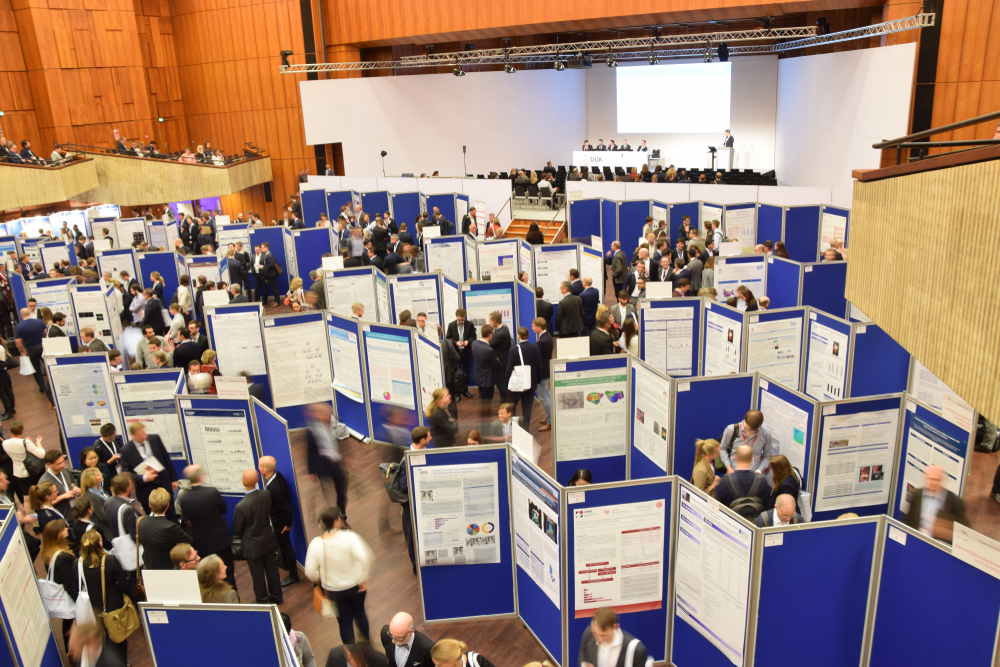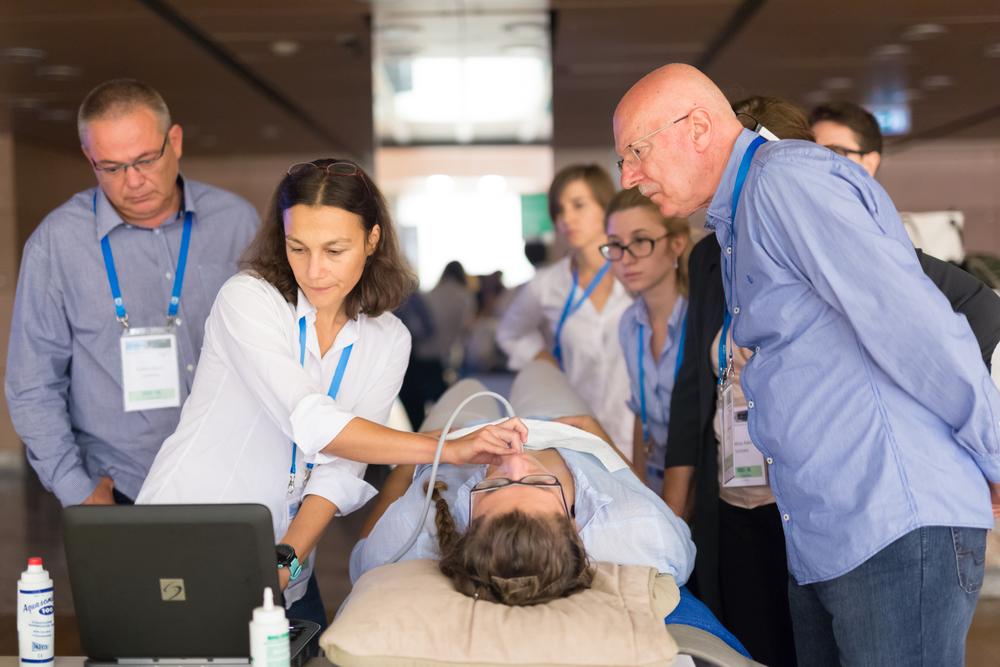Why is a Multidisciplinary Approach Needed?
In most cases, you can treat Arrhttmia successfully. Pacemakers and other surgical procedures can help restore normal heartbeats. In case of faster heart rate, beta-blockers and other anti-arrhythmic methods are used.
With the aging population and rise of co-morbidities, taking a hybrid or multidisciplinary is the need of the hour.
An arrhythmia team has:
- a clinical cardiologist,
- electrophysiologist,
- a surgeon,
- a heart failure specialist,
- geneticist,
- geriatrician
- a nurse.
The team deals with patients with complicated conditions and inherited Arrhythmia.
A European Heart Rhythm Association Scientific Initiatives Committee survey reported that 44% of the health centers who answered the web survey had an arrhythmia team and around 17% were unaware of the term. The survey included 48 health centers sprawling across 18 European countries.
The team's presence was deemed helpful by 95% of the respondents, and 79% of the health centers claimed that it should be implemented. The team can tackle cardiac Arrhythmia more effectively than a single expert while evaluating the efficacy through clinical practice.
The Multidisciplinary Arrhythmia Meeting
In 2016, the first MAM was also held in Zurich. This meeting was headed by leading cardiologists and surgeons who explained the significance of hybrid approaches and why they were preferable. They encouraged a team approach to assist atrial fibrillation patients better.




